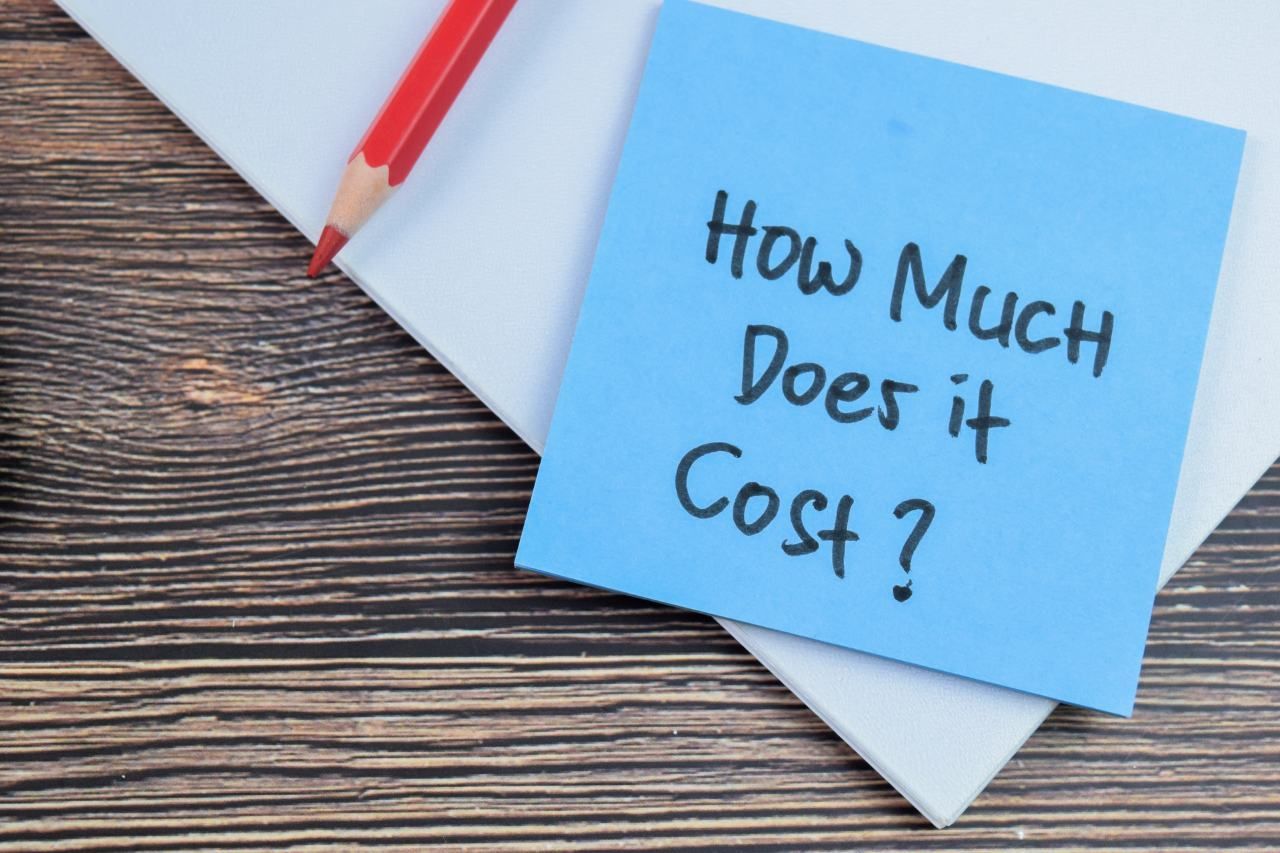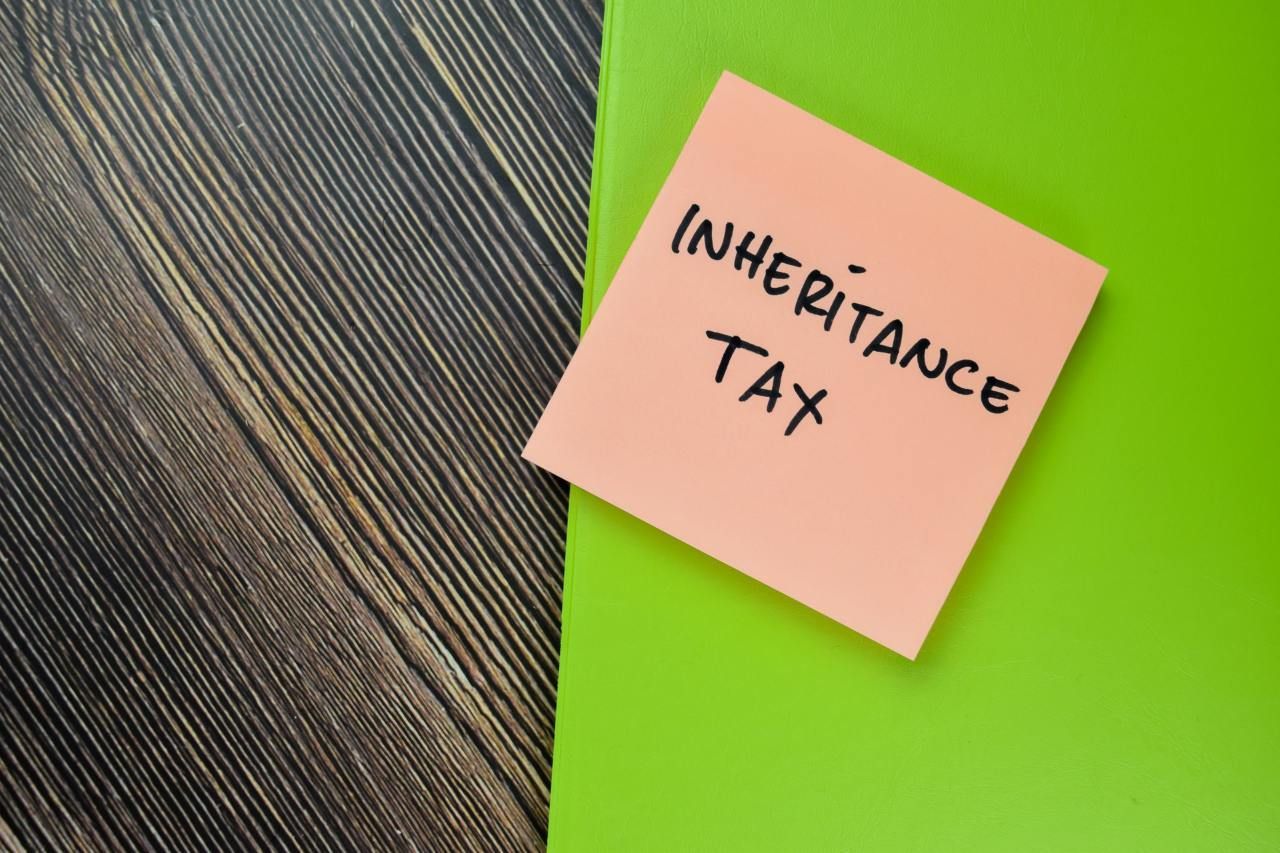Executor of Will: What Is It and How to Choose One?

When someone dies, their will sets out how their assets should be distributed. But the will doesn’t act alone. It needs someone to carry out its instructions. That person is called the executor of the will. So, what is an executor of a will, and how do you choose the right one?
Let’s walk through the basics.
What Does an Executor of a Will Do?
In short, an executor ensures that the deceased’s wishes are honoured. That includes everything from arranging the funeral (yes, often even that) to distributing assets according to the will.
Common responsibilities include:
- Registering the death and obtaining multiple copies of the death certificate
- Applying for probate (the legal right to manage the estate)
- Valuing the estate
- Paying off debts and taxes
- Distributing assets to beneficiaries
Executors also need to keep records, deal with banks, handle property, and-depending on the estate-navigate some fairly complex admin. It’s not a ceremonial role. It’s work.
What Power Does an Executor of a Will Have in the UK?
In the UK, the executor’s legal powers kick in once probate has been granted. That means they can access bank accounts, sell property, and settle debts. Until then, their powers are limited.
It’s worth noting that executors have a duty to act in the best interests of the estate and its beneficiaries. They must be honest, organised, and prepared to make tough calls-especially if there’s any family tension (and let’s be honest, there often is).
Can an Executor of a Will Be a Beneficiary?
Yes, absolutely. In fact, this is quite common. Many people name their spouse, child, or a close friend as both a beneficiary and an executor.
That said, it’s crucial the person can stay impartial. If a dispute arises, someone who stands to gain from the will may find it difficult to appear unbiased-whether they’re actually biased or not.
Does an Executor of a Will Have to Sign Anything?
Yes. Executors will usually need to sign:
- The probate application
- Estate accounts and inheritance tax forms (if applicable)
- Deeds of transfer or sale for property
In some cases, executors may also be asked to sign an executor’s oath or declaration. It depends on whether the application is being done online or through a solicitor.
How to Choose the Right Executor

There’s no legal requirement to choose a solicitor or professional-but for complex estates, it may be a smart move. Many choose family members, but here are some factors to consider:
- Trustworthiness: This is a legal role with fiduciary responsibility. The person must act in the estate’s best interest.
- Organisation: Admin is a major part of the job.
- Availability: Settling an estate can take months (sometimes over a year). Will they be around and willing to commit?
- Neutrality: If your estate includes multiple children, ex-partners, or blended families, a neutral executor might prevent future headaches.
Some people choose to appoint more than one executor, often a family member plus a professional, which can provide balance.
What Happens if You Don’t Appoint an Executor?
If a will doesn’t name an executor-or if the named person can’t or won’t act-the court may appoint someone. This is usually the main beneficiary, but it’s not guaranteed. The process can cause delays, so it’s far better to plan ahead.
And if you’re unsure how to begin that process, our guide on how to write a will is a helpful place to start.
Can You Decline to Be an Executor?
Yes. Being named doesn’t mean being trapped. You can renounce your role before probate is granted by signing a legal form. But once you start acting as executor-say, by paying bills or contacting banks-you may be legally considered to have “intermeddled,” and it’s harder to step down.
It’s always wise to speak to a solicitor first if you’re considering renouncing the role or think you might need help fulfilling it. There’s no shame in saying, “This is too much.”
When Should You Seek Professional Support?
Some estates are simple. Others are... not. If any of the following apply, you may want to seek professional advice:
- There’s property abroad
- The will is contested
- There are complex tax issues
- The estate is insolvent (i.e. debts outweigh the assets)
In such cases, having a solicitor involved can make the process far smoother-and legally safer. Our team at Ash Hill Solicitors offers professional guidance for Court of Protection issues too, in case someone loses capacity without an existing will or attorney in place.
Final Thoughts
Choosing an executor is about more than ticking a legal box. It’s about who you trust to carry out your wishes clearly, calmly, and with care. Think practically. Be honest about your family dynamics. And don’t assume someone will just “figure it out.”
If you’re ready to plan your estate properly, make sure your executor knows exactly what’s expected of them-and that they’re up to the task.

Author Bio:
Nasreen Akhter is the founding director of Ash Hill Solicitors and an experienced probate solicitor with over 10 years in private client law. She specialises in wills, estate administration, powers of attorney, and inheritance planning. Known for her calm, compassionate approach, she guides clients through sensitive matters with clarity and care.
Nasreen is also a civil and commercial mediator, committed to resolving disputes efficiently and constructively. She is fully accredited and listed on the Solicitors Regulation Authority (SRA) register.
Outside of work, she’s a dedicated mum and chairs Happy Orphans Worldwide, a charity supporting vulnerable children across the globe.




